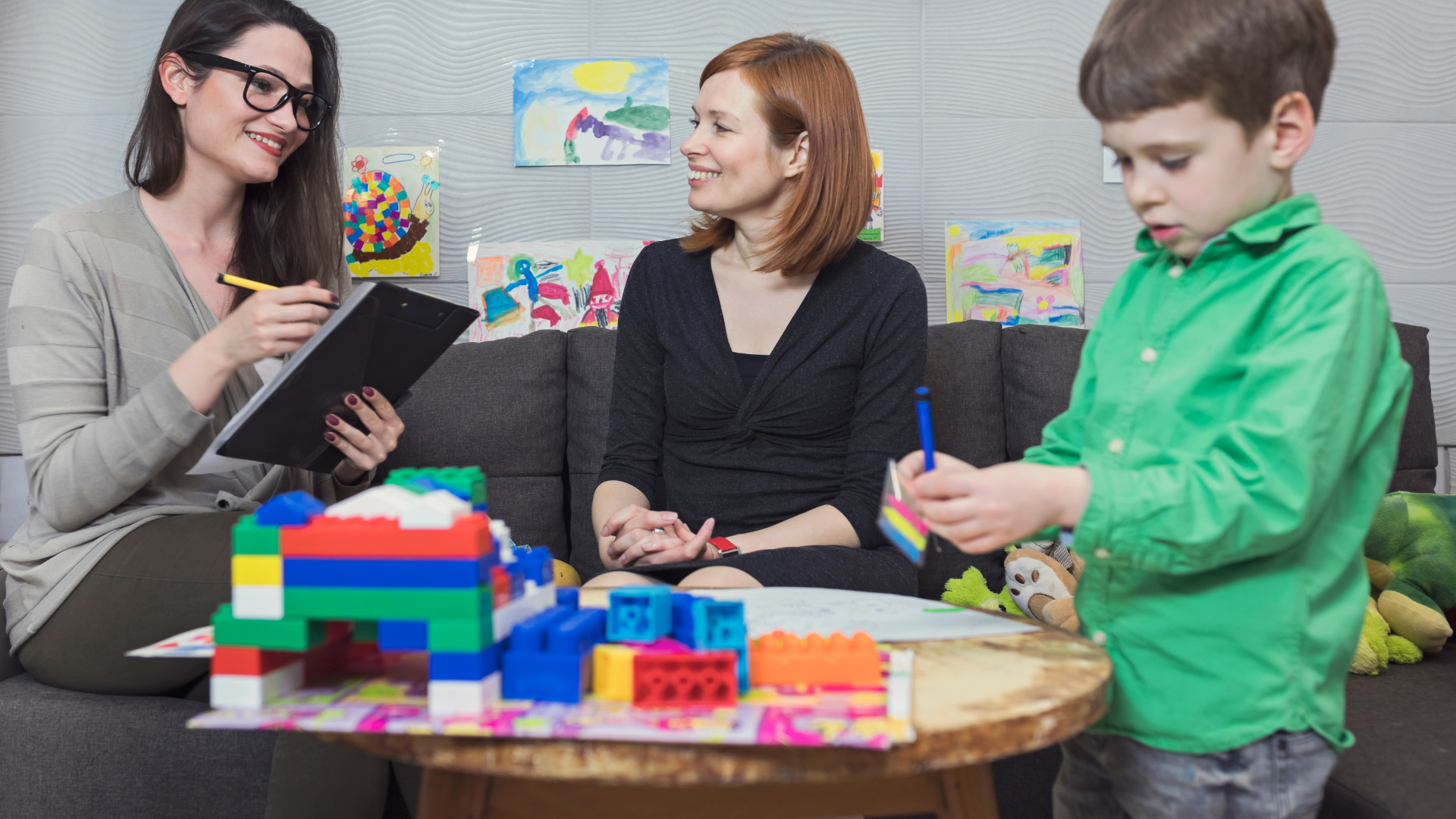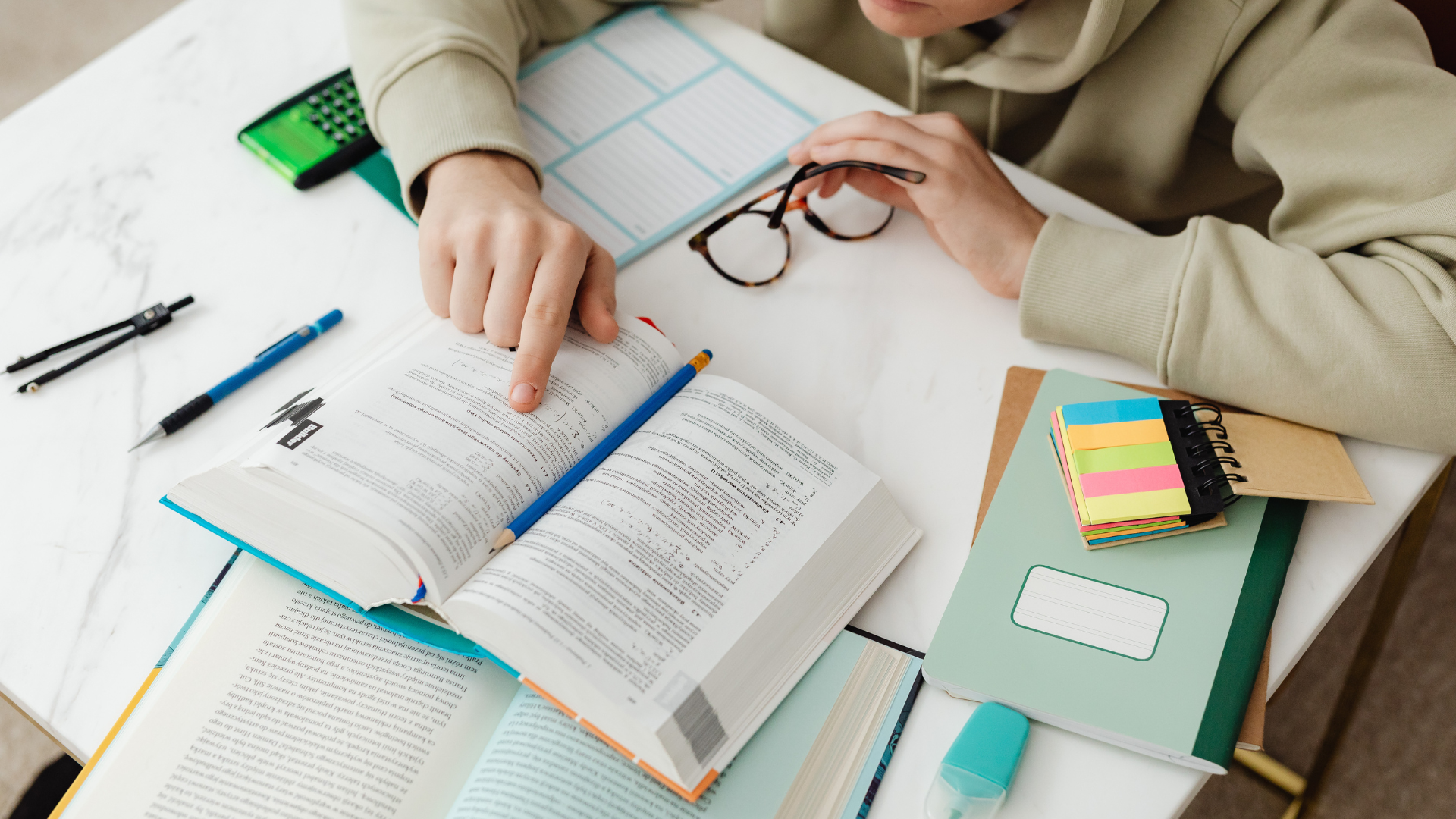Starting a career in psychology is great for people who want to connect with others and help them in a professional setting.
If you want to become an educational psychologist and are interested in what it takes to become one, e.g. going for a university degree, as well as the type of person you need to be, then read on to learn more about getting into educational psychology and what career prospects are out there for you.

What Do Educational Psychologists Do?
An educational psychologist is someone who uses their knowledge and understanding of retention strategies and learning habits to develop teaching methods to help students of all ages to do well in their learning so they can thrive in school.
Using research and techniques as well as applying psychological theory, they are able to comprehend learning behaviours in students.
Through this, educational psychologists are able to help refine teaching strategies to improve student learning.

Where Do Educational Psychologists Work?
There are different types of educational psychologists, some will work with Child and Adolescent Mental Health Services (CAMHS) so they can focus their help on children and young people, whilst others may specialise in adult learning or aim their attention on those with learning difficulties/learning disabilities.
A lot of these psychologists will work in the public sector, (or the public and independent sector if they want to go between both) and they are employed by local authority children’s services, or they may decide to work in voluntary and charitable organisations, it is really up to them and how they want to use their expertise.

What Responsibilities Does an Educational Psychologist Have?
Responsibilities will vary depending on the sector, but all of it is aimed towards making sure students can be helped with their learning and feel confident with what they are doing,
Here are some of the responsibilities that may fall under their job description –
- Collaborative work with students, teachers, and parents
- Reviewing existing course material to see if there can be any improvements
- Analyse student data and create reports on what has been found
- Work alongside other professionals and specialists to create studies
- Care about the emotional and social wellbeing of each student
- Diagnose learning disabilities, behavioural conditions, and any developmental disorders
- Handle sensitive information by understanding cultural and religious diversity and applying that to your work
As you can see, an educational psychologist has to do a lot to make sure that they are able to help children out and provide them with a safe and proactive place to learn and grow.

Becoming an Educational Psychologist
Before you apply for chartered membership in the British Psychological Society (BPS) under the division of educational and child psychology, you are going to need to take some steps back and see how you can lead up to that (if this is the sector you would like to end up in).
Below are some steps that will help you with getting on the right path to becoming an educational psychologist.
You may be able to get funding for some of your courses if you are studying in England, this can happen through the Educational Psychology Funded Training scheme (EPFT), but you will need to contact courses directly to see if this is available.

Get Started as Early as Possible
If you have not started an undergraduate degree just yet, but you are planning to, then you can do a few things to help you when you want to apply for a University course.
First of all, if you are about to decide on what A Level subjects you want to take or which GCSEs you are opting for, then you will want to go for subjects in psychology.
You don’t always need them to get onto an undergraduate course, but they will help you build on your background and help you with gaining a better understanding of different psychology fields that can assist you down the road.
Volunteering
If you want to get more hands-on experience, then you may want to look at volunteer opportunities where you can work in youth justice (youth support), social care, or health settings to understand the industry better.
Practical experience can stand you in better stead for the future and give you that extra leg up you need to find jobs after graduation too as it will look great on your CV that you started at an early age.

Complete an Undergraduate Degree
Another step before you can use the title educational psychologist is completing an undergraduate degree in psychology.
You will need to earn this through an accredited programme that is recognised by the British Psychological Society, as well as go through the appropriate training that is also recognised by the Health and Care Professions Council (HCPC) so you are fit to practice as an educational psychologist.
If, however, you have already earned your degree but in another field, you might have to take an approved conversion course.
This course is a one to two-year accredited programme that can grant you eligibility for a Graduate Basis for Chartered Membership (GBC) which is necessary before enrolling in a doctorate programme.
Continue Learning Through Various Resources
As the field of educational psychology evolves, staying informed is essential for providing effective support to students and schools. Educational psychologists can benefit from attending conferences, workshops, and seminars that address emerging trends and advancements in the field.
Additionally, pursuing advanced degrees, such as a master’s or doctoral degree, can deepen one’s expertise and open up new opportunities. Continuous learning can also involve seeking certifications or specializations that align with the diverse needs of students in educational settings.
So for instance, exploring bcba resources and other courses or literature related to behavior analysis can enhance an educational psychologist’s toolkit for understanding and addressing behavioral challenges in students. Similarly, honing your knowledge of CBT can help you master an entirely different kind of issue in growing learners.
Embracing ongoing education not only fosters professional growth but also ensures that educational psychologists are well-equipped to make a positive impact on the academic and emotional well-being of the students

Complete a Doctoral Training Programme
Before becoming an educational psychologist, you will need to earn a doctorate which will mean that students have to complete a three-year training programme.
- 1st year – classroom education
- 2nd & 3rd year – designing and using a research study that ends with a dissertation
There are qualifications needed before being able to enroll and these include –
Relevant Voluntary Experience/Work Experience
Potential candidates will need at least a year of full-time experience working with children and young people in an educational or childcare setting, focused on youth justice, health, social care, or community (they don’t have to do them all).
Proof of GBC Membership
As mentioned before, this can be achieved through accredited courses, completing a conversion course, or passing the British Psychological Society Qualifying Examination.
Academic and Professional References
Candidates will need to submit two references to get into the training programme.
One is academic to verify that the candidate does have the academic abilities needed, and the other is a professional one that backs up the candidate’s work experience.

Conclusion
Now that you know how to become an educational psychologist, hopefully, this has helped you make the best decision for yourself when deciding on a career in psychology.
If you truly have a passion for helping people out and you feel like you could contribute a lot to this sector, then you should be able to make a good go of it when you get onto your course.
